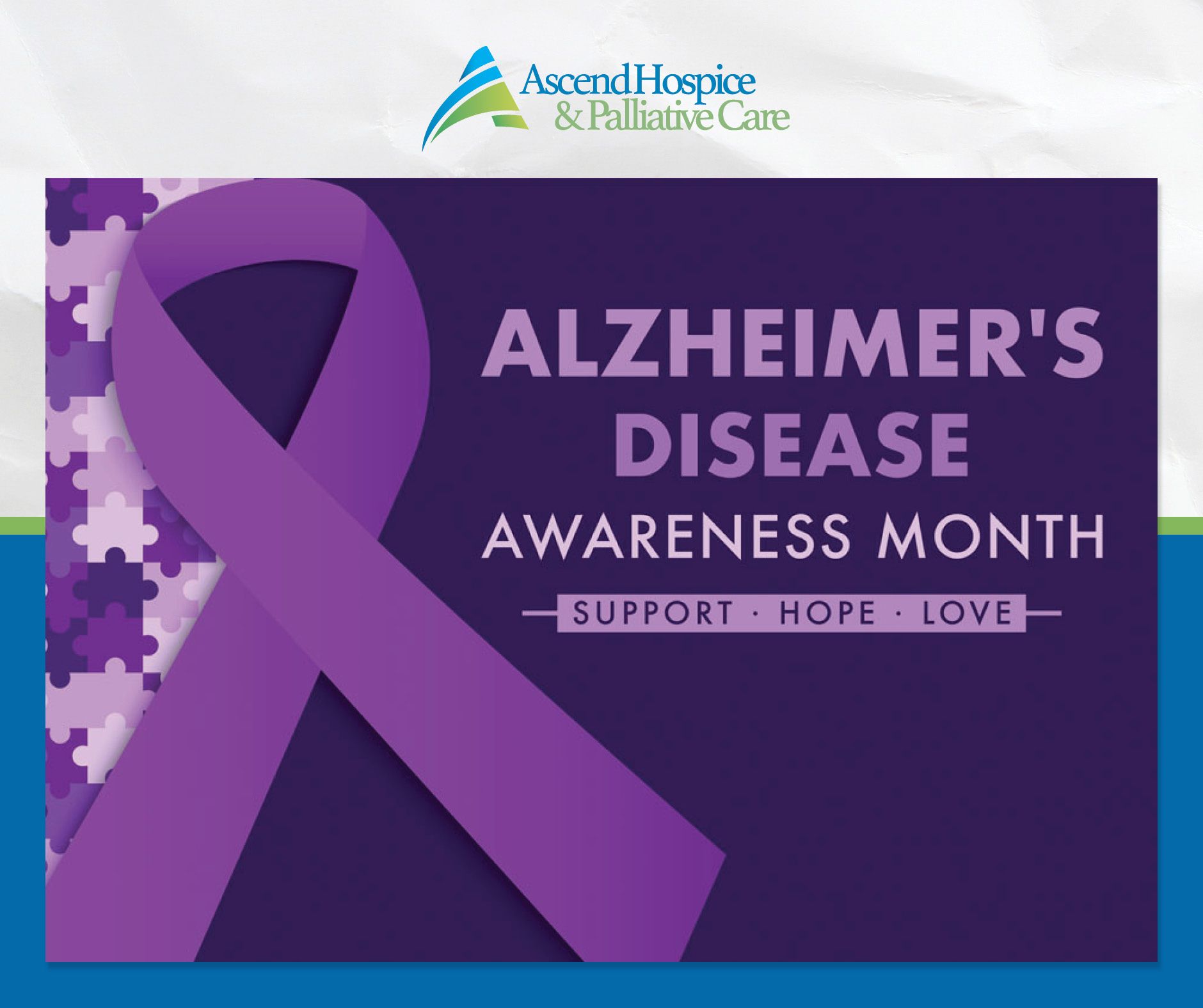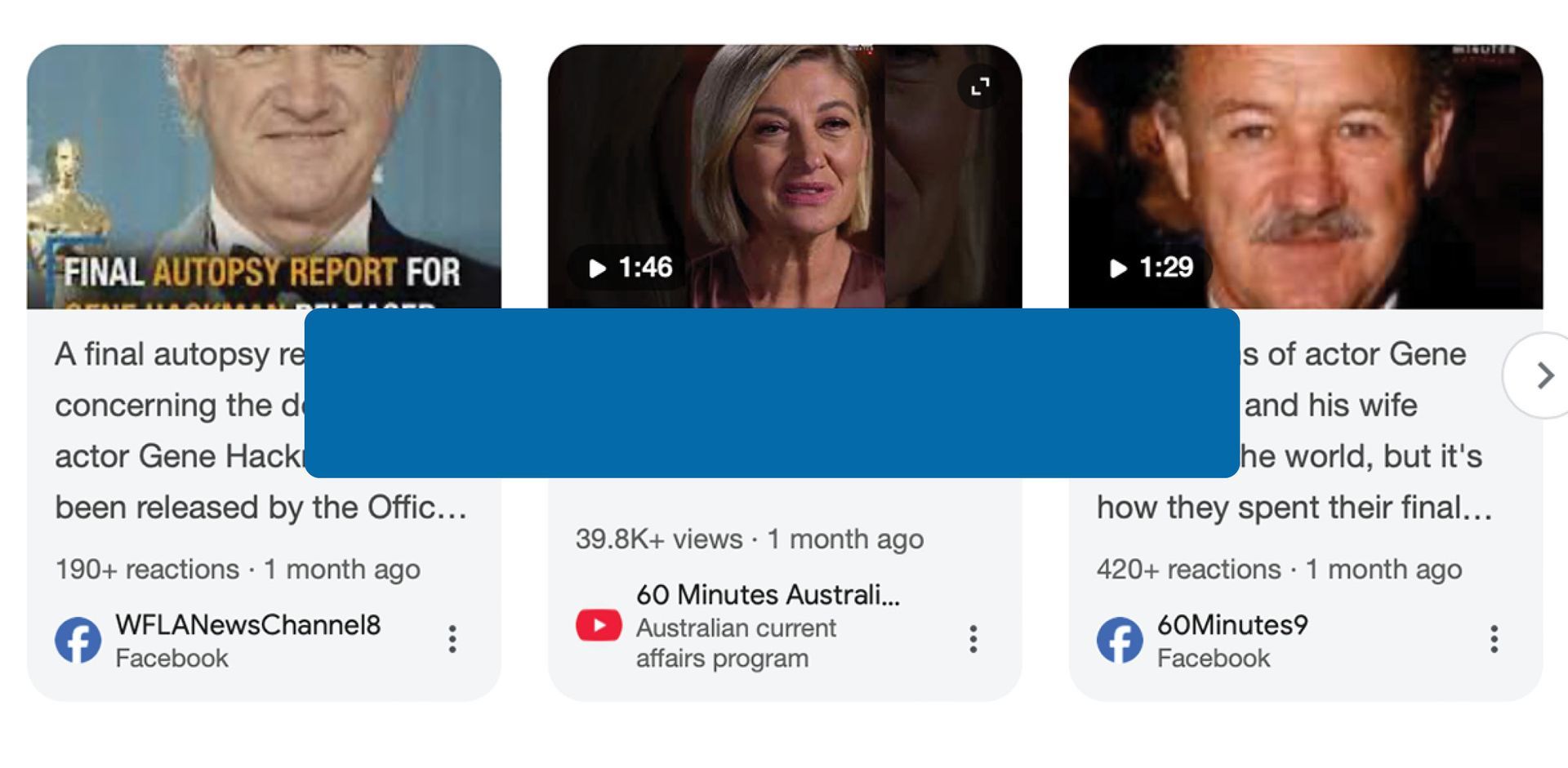12 Important Things To Understand About Hospice
Our expert care enriches life by controlling symptoms and managing pain, while also caring for the mind and spirit. Hospice often becomes a choice when you or a loved one is seeking relief from frequent emergency room visits or are physically or emotionally tired of challenging treatments that no longer have a positive impact on life expectancy or quality of life.
Serious illness affects more than just a loved one. So, our support extends to family caregivers. We become an extra layer of support by sharing our experience and resources to ensure that you and your loved ones feel prepared by knowing what to expect as illness progresses. We also help you feel less overwhelmed by sharing in some of the responsibilities of the day-to-day care of your loved one.
We also understand the worry that comes with serious illness. When a loved one is living with a serious illness, a price can’t be put on peace of mind.
Here 12 things that are important to understand about hospice.
1 - Hospice is a philosophy of care that treats a person rather than the disease. Hospice is a complete and cohesive program of medical care and emotional/spiritual support to improve the quality of life for patients facing a life-limiting illness.
2 - When treatment is no longer effective or desired, hospice care can be provided for pain relief and symptom control, along with emotional and spiritual support for patients and loved ones.
3 - Hospice care takes a holistic approach focusing on both physical and emotional health.
4 - In most cases, a family member serves as the primary caregiver and helps make decisions for their loved one.
5 - The caregiver works with our team to develop a plan of care to provide treatment, support, and personal care.
6 - Your physician remains in charge of the overall medical care, we become a part of his team.
7 - Hospice isn’t giving up. It’s finding comfort and dignity after you’ve been told nothing more can be done.
8 - You are free to leave a hospice program at any time for any reason without penalty. You can re-enroll in a hospice program any time that you meet the medical eligibility criteria.
9 - Medications and medical interventions are used regularly to control pain and symptoms.
10 - Hospice patients live an average of 29 days longer than those that do not receive hospice care.
11 - Hospice care is provided anywhere your loved one lives, including private residences, assisted living communities, and long-term care facilities.
12 - Our care is covered by Medicare, Medicaid, and most private insurance companies.
We understand that choosing to stop curative treatments and begin care and comfort services can be overwhelming. If you have questions like 'is now the right time’ or if you wonder ‘when will the right time be”, you can call and speak to one of our clinical directors. An Ascend nurse or social worker can meet with you and your family members and provide information on all of the services available to you.
Once you are ready your physician, our team of nurses, our medical director, and our chaplains, social workers, and aides will be with you and your family on every part of your journey ensuring that your care and comfort are our first priority.



